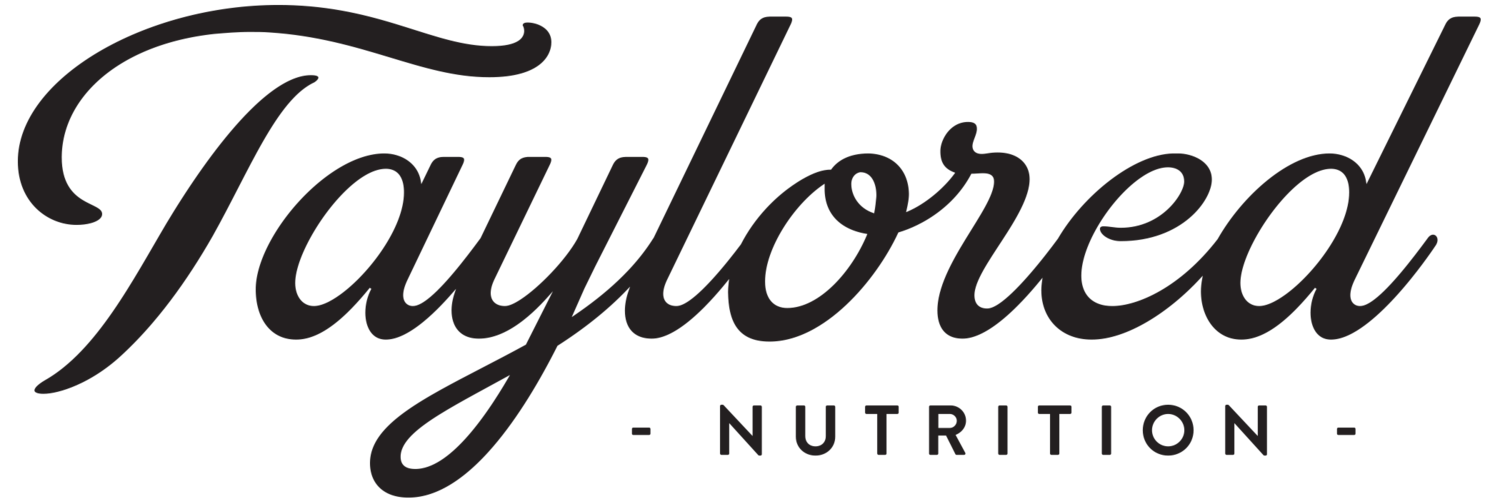I work with a lot of injured athletes. I see athletes with torn ACL’s, history of concussion and a handful of other issues, but I most often see athletes with some type of fracture, typically one or more stress fractures. While rest and physical therapy are essential to optimal recovery, so is the athlete’s nutrition. Unfortunately, nutrition can sometimes get forgotten during the recovery stage but but I’m here to say, “Don’t let it!” What you eat during this period can really speed up your recovery or it can hold you back. If used with purpose, what you eat can decrease inflammation, help rebuild the tissue you have injured, prevent loss of lean muscle and help maintain your strength. These all seem like good reasons to focus on nutrition to me! And, like I say with most of my other tips and ideas, you don’t have to make your nutrition recovery complicated! I’m here to give you the facts and then help you most easily incorporate those facts into something doable each day.
If you are an injured athlete or the parent, coach or caregiver of an injured athlete, I hope you can take some of these ideas below and put them to use for the best recovery possible.
Happy Fueling!
Taylor
Why Should Nutrition Be Part of Your Recovery Plan?
Support the continued creation of muscle proteins.
Muscle protein synthesis (creation of muscle protein in the body) decreases after injury when activity declines and especially when a limb has to be immobilized (like getting a cast on a leg, arm, etc.)
Preserve the lean muscle mass you already have.
Maintain appropriate energy balance.
While, yes, your energy needs may decrease some during your recovery phase, it’s important to realize that they may not decrease THAT much. This is especially true if you are on crutches, which require 2 to 3 times more energy than walking! If you decrease calories too much, you can slow down recovery due to the decrease muscle protein synthesis, increased muscle loss and impaired wound healing that this will cause.
Decrease Inflammation (not necessarily right after injury and surgery but starting a few days after, as inflammation right after an injury is important to the healing process)
Ten Nutrients to Include in Your Recovery Plan
PROTEIN
Focus on foods high in the amino acid leucine, which stimulates the creation of protein.
Sources: lean chicken, beef and pork, fish, nuts & seeds, cheese, tempeh, milk, yogurt
Include a quality source of protein (ideally with leucine) about every 3 hours, after therapy sessions and before bed.
Include a quality source of whey protein before bed. Whey protein is released and digested more slowly so your body can work on maintaining and rebuilding muscle during the fasting state of sleep.
CARBOHYDRATE
Your body still needs carbohydrates for energy so it can use the protein you give it for muscle repair and building. You may need less carbohydrate than when you were training and competing but don’t cut them way back or out completely!
Focus on complex carbohydrates that take longer to digest. This will keep you fuller longer and prevent spikes and dips in your blood sugar.
Sources: whole grain bread, pasta, cereal, & crackers, fruit, yogurt, starchy veggies
HEALTHY FAT
VITAMIN C
VITAMIN A
VITAMIN D
Aids in calcium absorption and supports bone health.
Sources: sunlight, fatty fish, many dairy products (check the label), fortified foods, egg yolks
CALCIUM
MAGNESIUM
ZINC
COPPER






